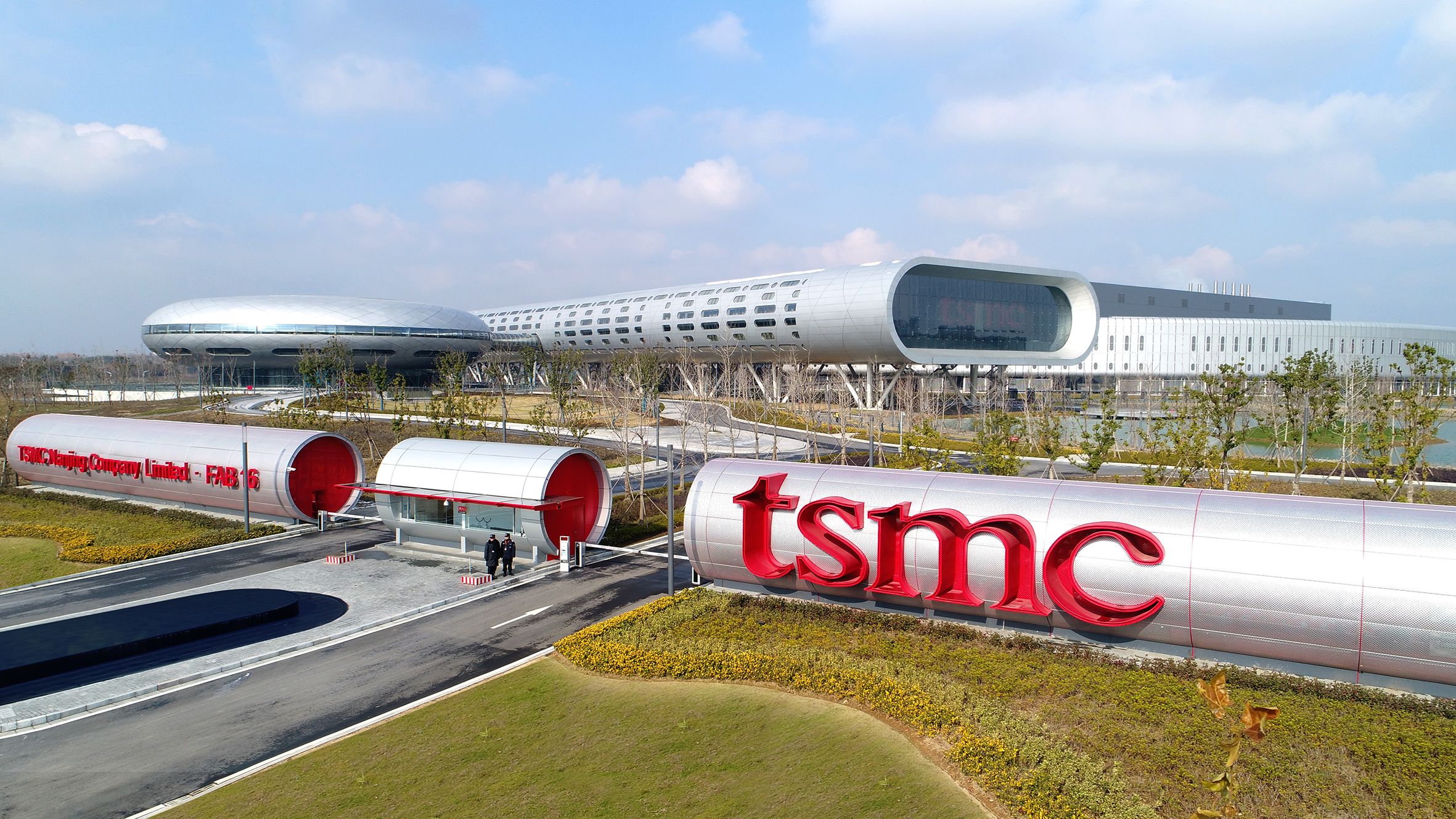 INFRA
INFRA
 INFRA
INFRA
 INFRA
INFRA
The global shortage of computer chips that has stricken the world for the past two years could soon spread to more advanced silicon that’s used to power next-generation smartphones and data center workloads.
The two-year chip drought has until now only really affected low-end chips, but that could change as semiconductor manufacturers suffer production problems and struggle to acquire the manufacturing equipment they need to build more advanced processors.
A report in the Wall Street Journal says the industry could see a shortfall of 20% by 2024 for the most advanced processors made today. That would have a knock-on effect on the industries that rely on them, such as artificial intelligence, high-performance computing and autonomous vehicles.
The Journal notes that just two chipmakers — Taiwan Semiconductor Manufacturing Co. and Samsung Electronics Co. — are capable of manufacturing such chips, due to the technical barriers and enormous investments required.
However, both companies are having issues. In the case of Samsung, it has reportedly been struggling with capacity constraints as it has been unable to improve the production yield of its four-nanometer process chips as much as it had hoped. Nanometer is a measurement that refers to the size of the tiny transistors embedded into each chip. The smaller the transistor, the newer and more advanced the chip, and the greater the number of chips that can be made on a single silicon wafer.
According to the Journal, the lower-than-expected production yield has meant Samsung cannot supply customers such as Qualcomm Inc. and Nvidia Corp. with as many next-generation chips as they had ordered.
Kang Moon-soo, executive vice president of Samsung’s foundry business, said on a conference call last month that the company had experienced some delays in ramping up four-nanometer chip yields. However, he insisted that it’s now “back on the expected yield improvement curve,” adding that it’s also on track to begin mass-producing three-nanometer chips using a novel architecture this month.
Samsung’s inability to supply Qualcomm and Nvidia meant those companies have turned to its rival TSMC. However, the Journal said the world’s biggest chip manufacturer is also struggling to meet demand because of its inability to acquire the machinery it needs to build more efficient chips. TSMC Chief Executive C.C. Wei admitted in a conference call with analysts in April that the company has faced issues with manufacturing tool deliveries.
The report adds that TSMC sent key executives off to negotiate with key equipment manufacturers in order to prevent any disruption to its future plans to expand production. Earlier in the year, it held talks with ASML Holding NV, a Dutch company that is the world’s sole producer of critical machinery used to manufacture advanced silicon.
The problem is that ASML reportedly has capacity issues itself. Demand for its systems currently outstrips its ability to deliver them to customers. ASML is instead trying to help chipmakers squeeze more output from their existing machinery, but analysts say those efforts are unlikely to be enough to compensate for the lack of deliveries.
The situation has led to chip design companies such as Qualcomm and Nvidia, which lack their own manufacturing capabilities, issuing warnings that their businesses might be hurt in future. In its most recent earnings call, Qualcomm said maintaining leading chip manufacturing process technologies could result in lower yields in the future, impacting its bottom line.
Meanwhile, Nvidia CEO Jensen Huang said on a recent call that the company’s supply chain would continue to be complicated for the foreseeable future.
THANK YOU